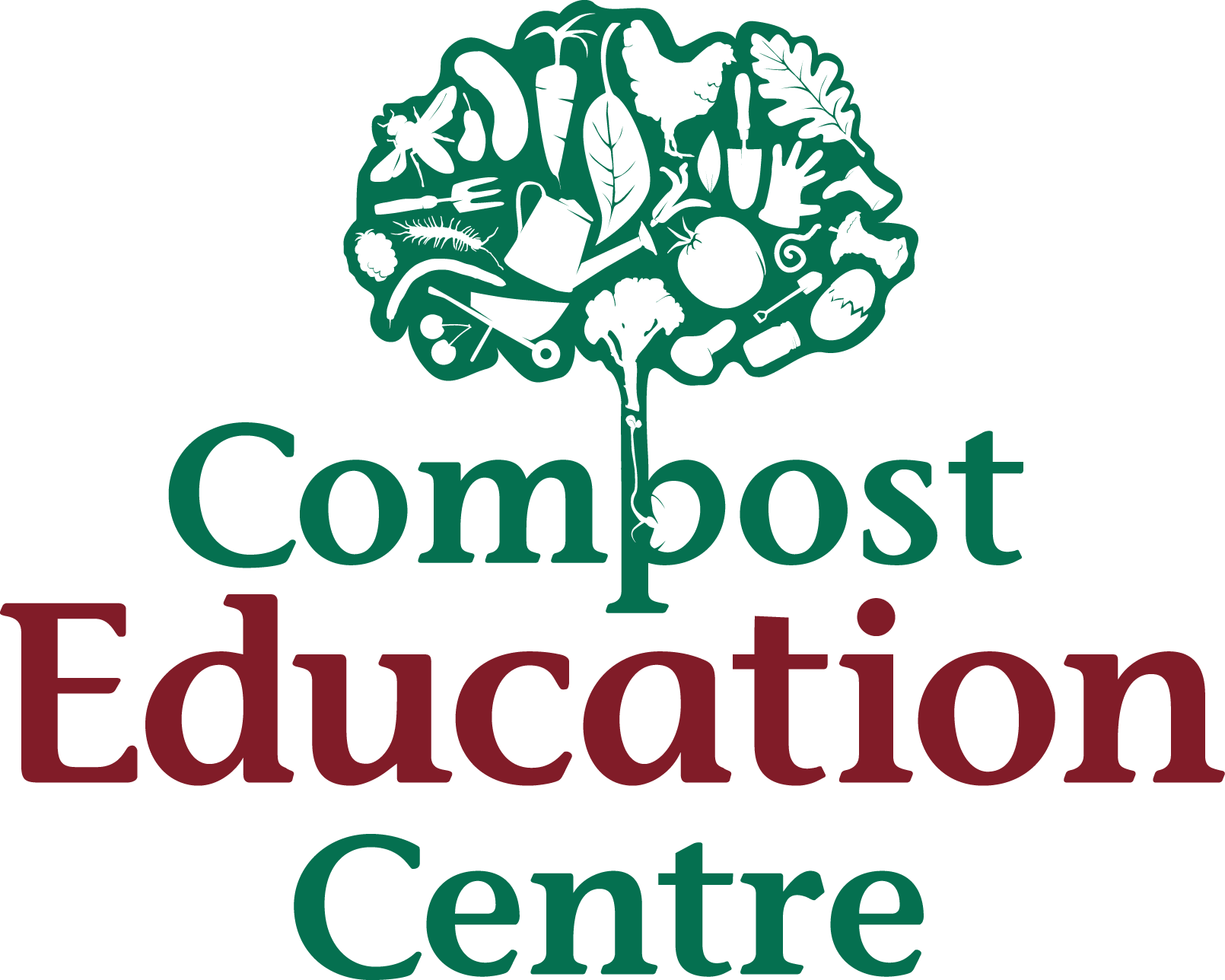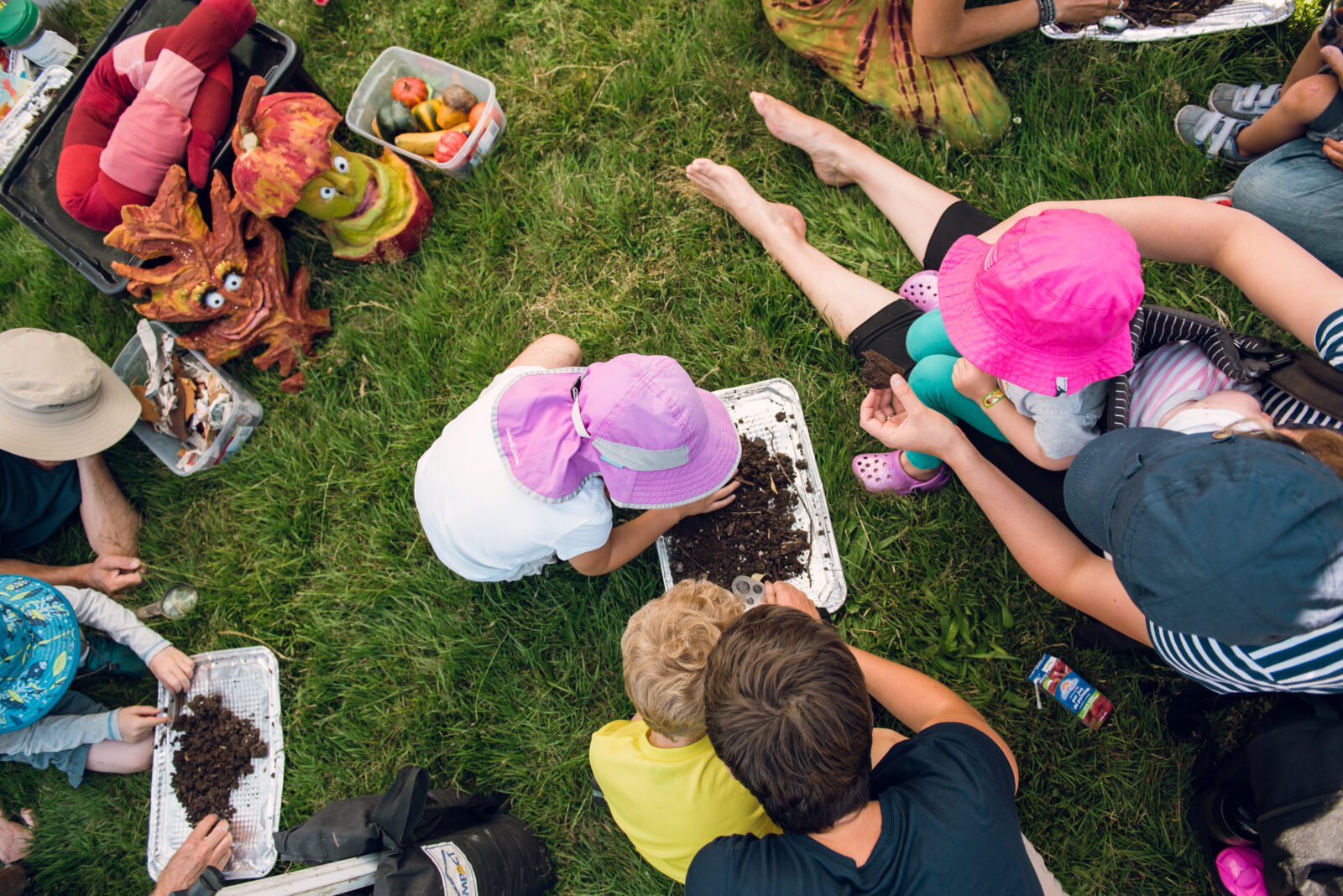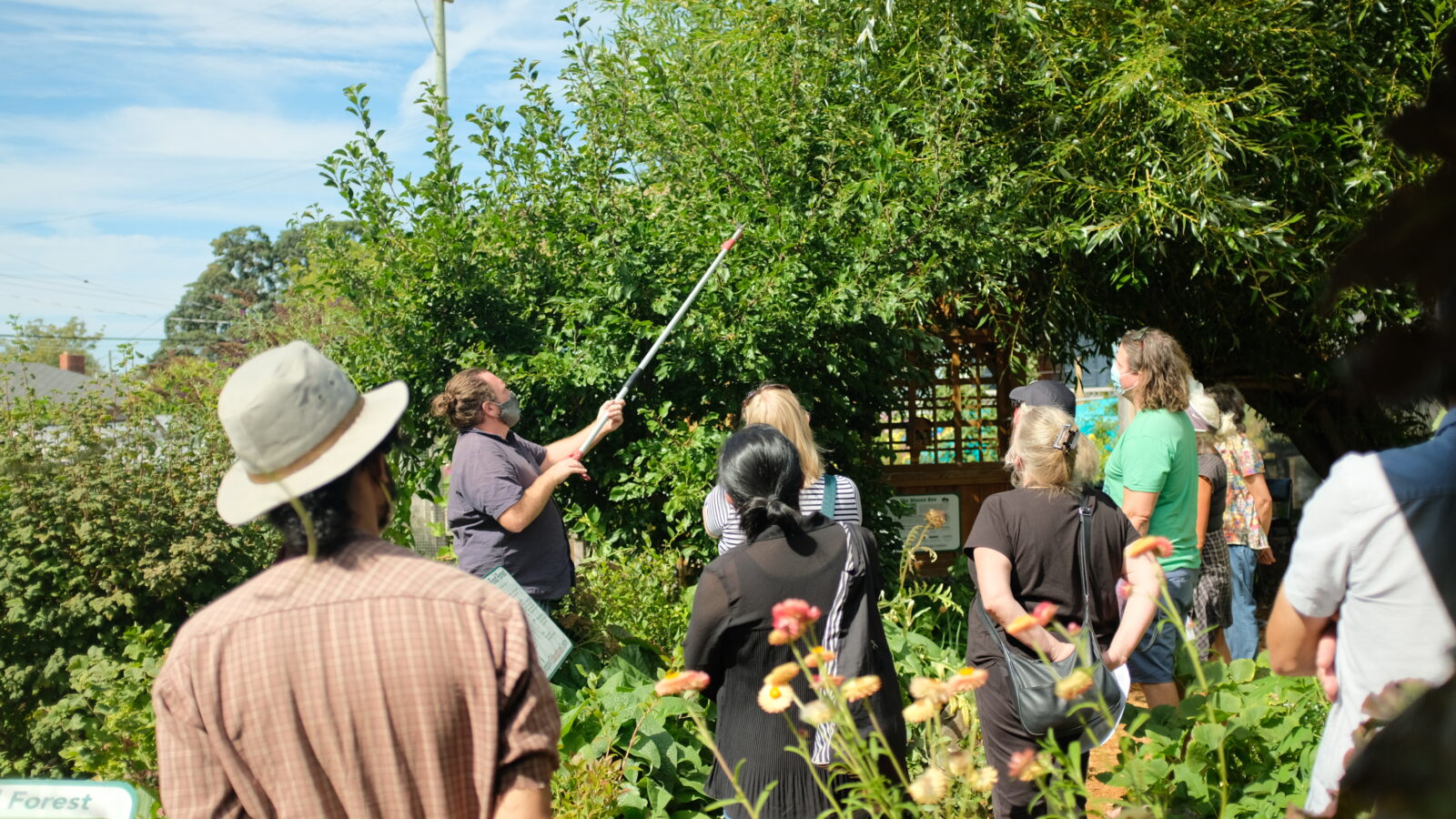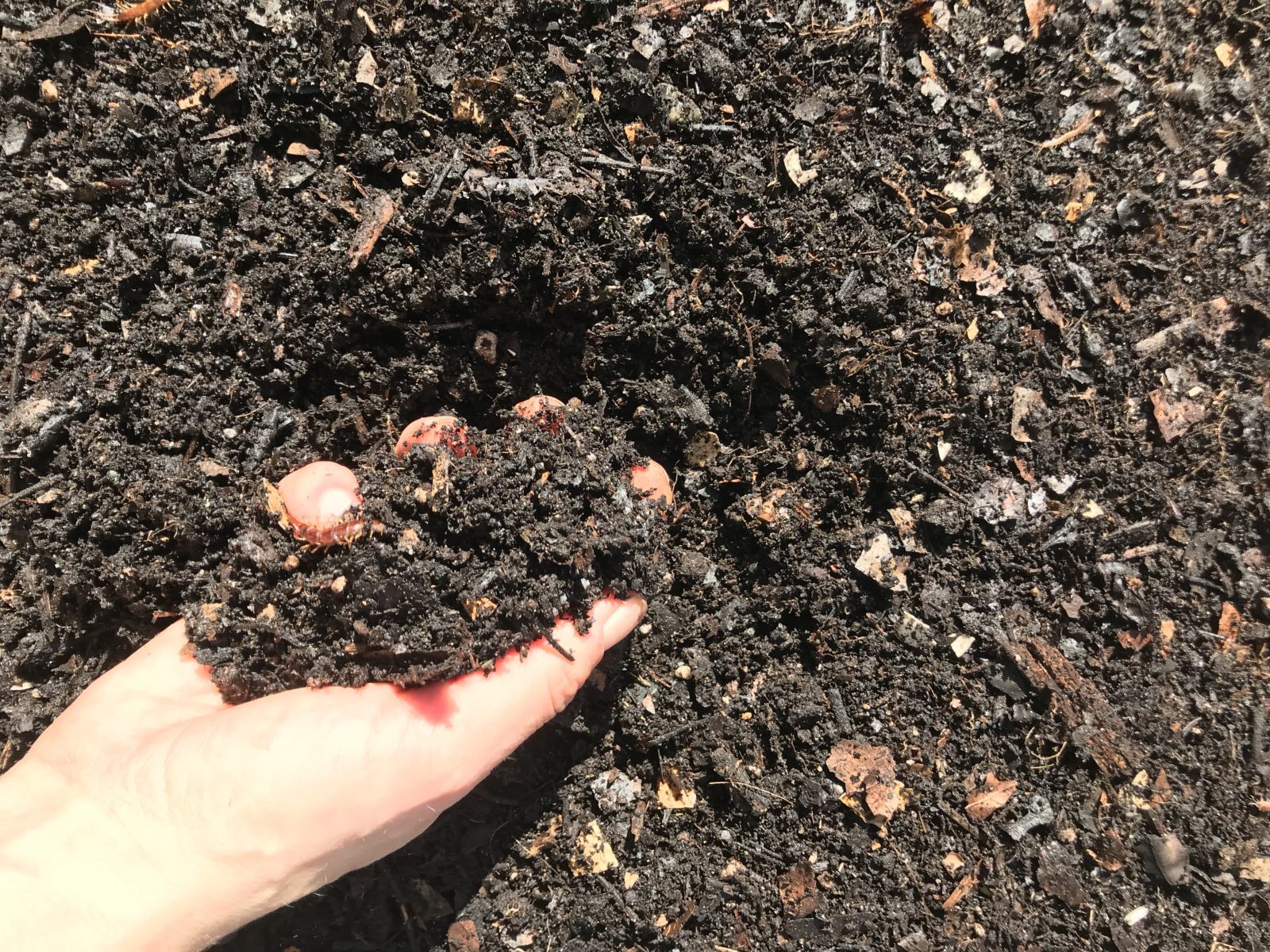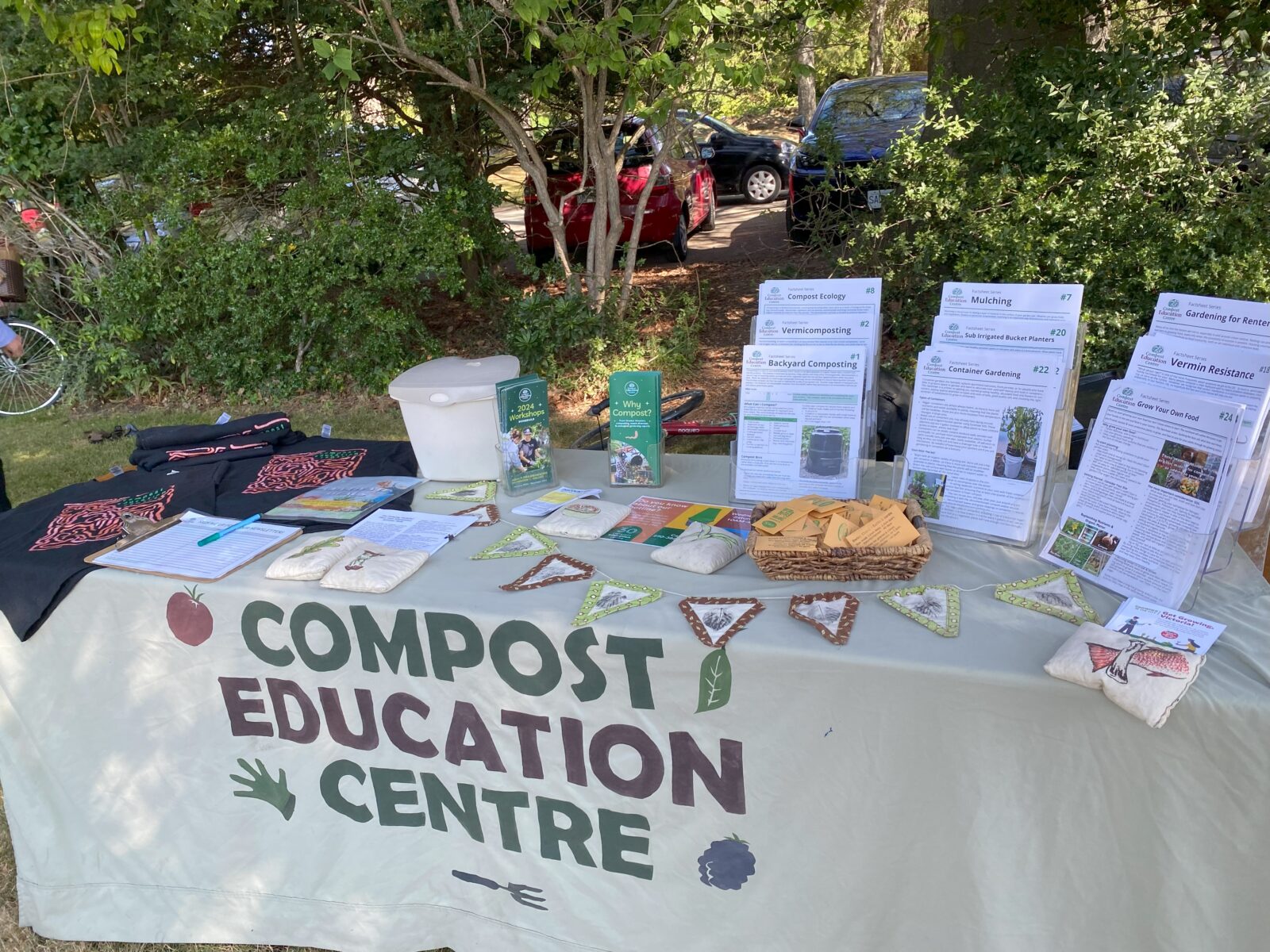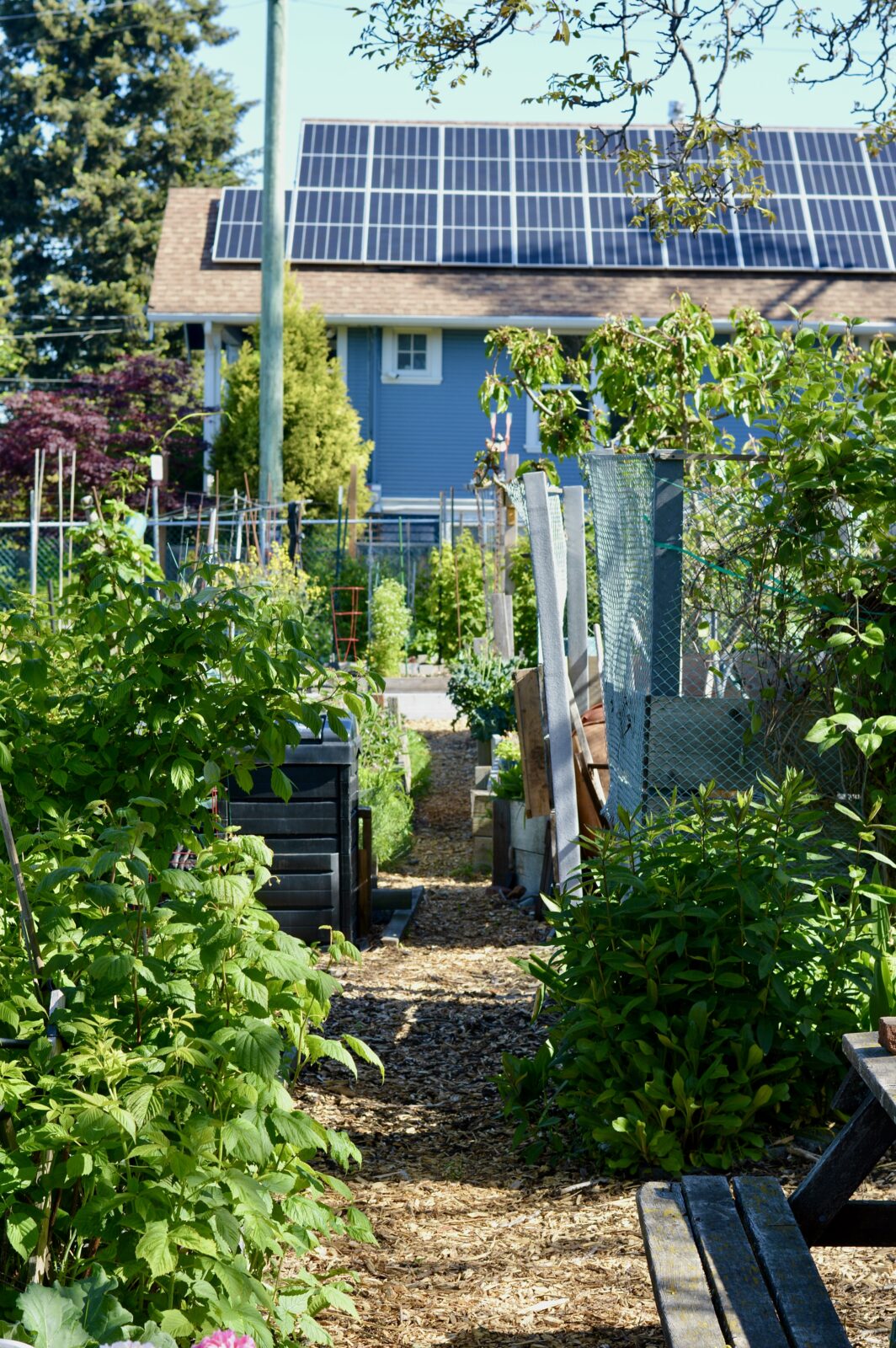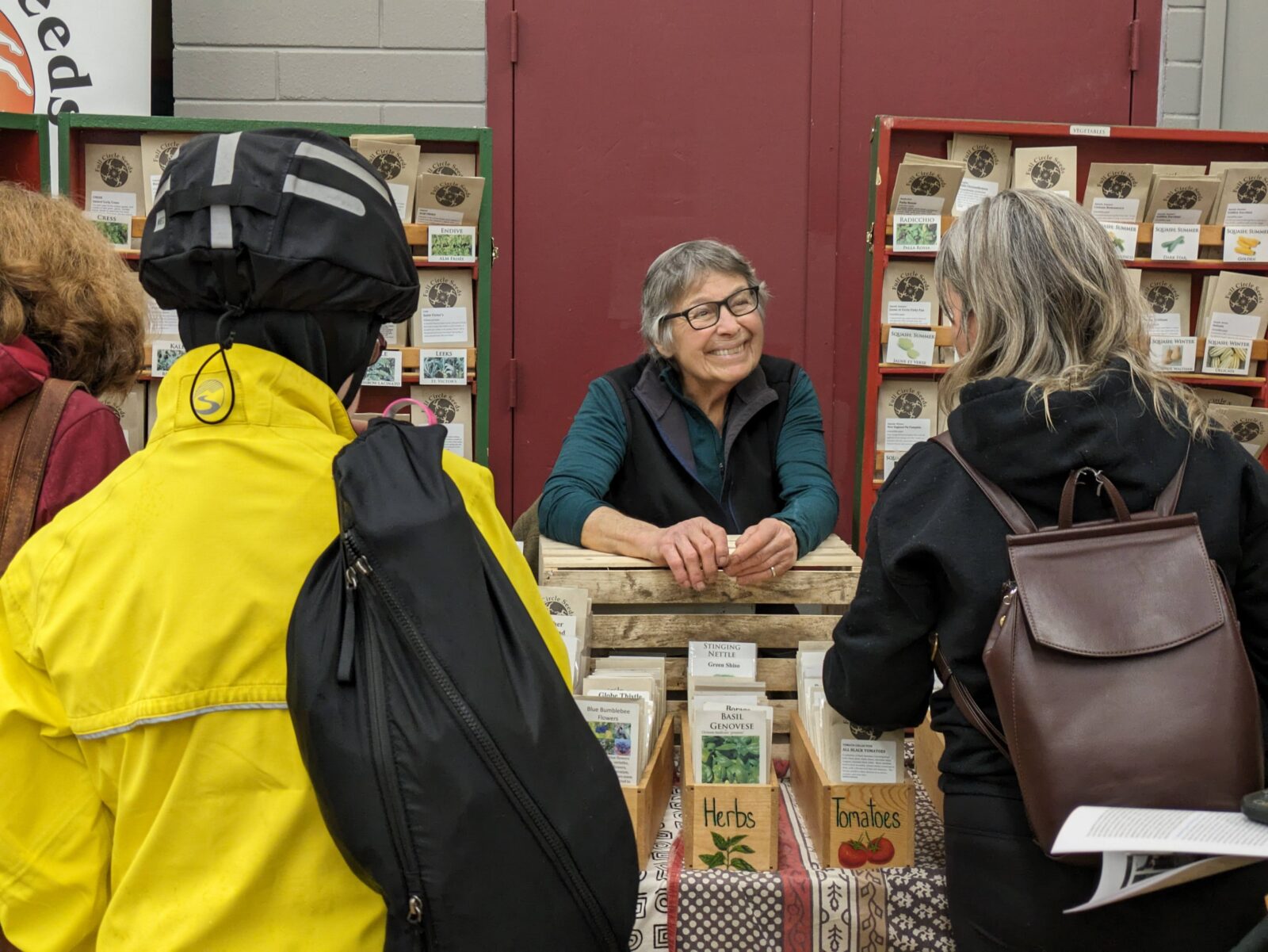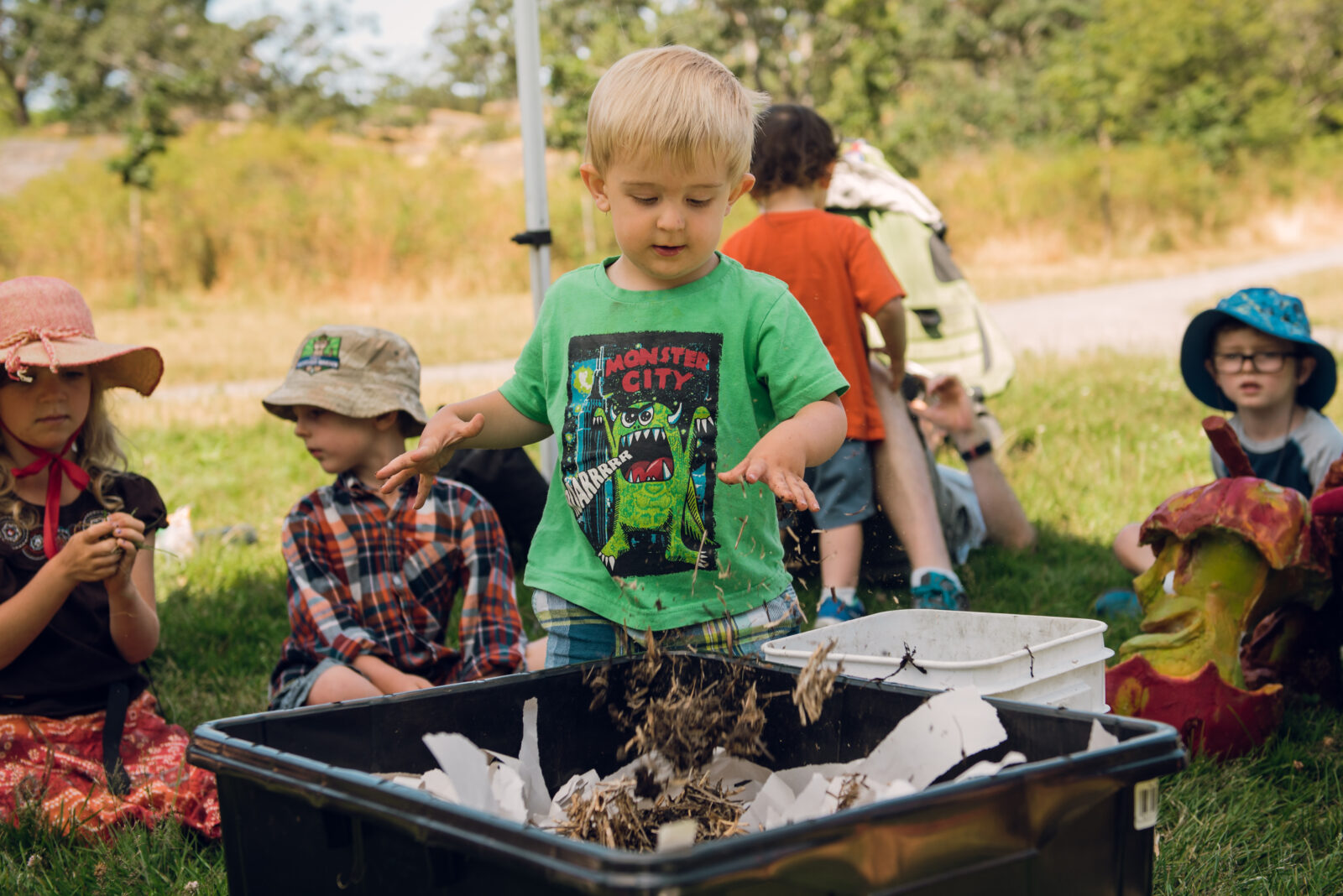
ABOUT US
Mission, Vision & Values
Vision
To cultivate resilient communities, which enable the land and all living beings to thrive.
Mission
The Compost Education Centre reconnects many people, young and old, to simple, land based, resiliency practices. Our organizational practices sustain the CEC, the natural environment, and our communities. We actively work towards right relations, anti-oppression, and environmental justice in solidarity with the Indigenous peoples on whose land we work.
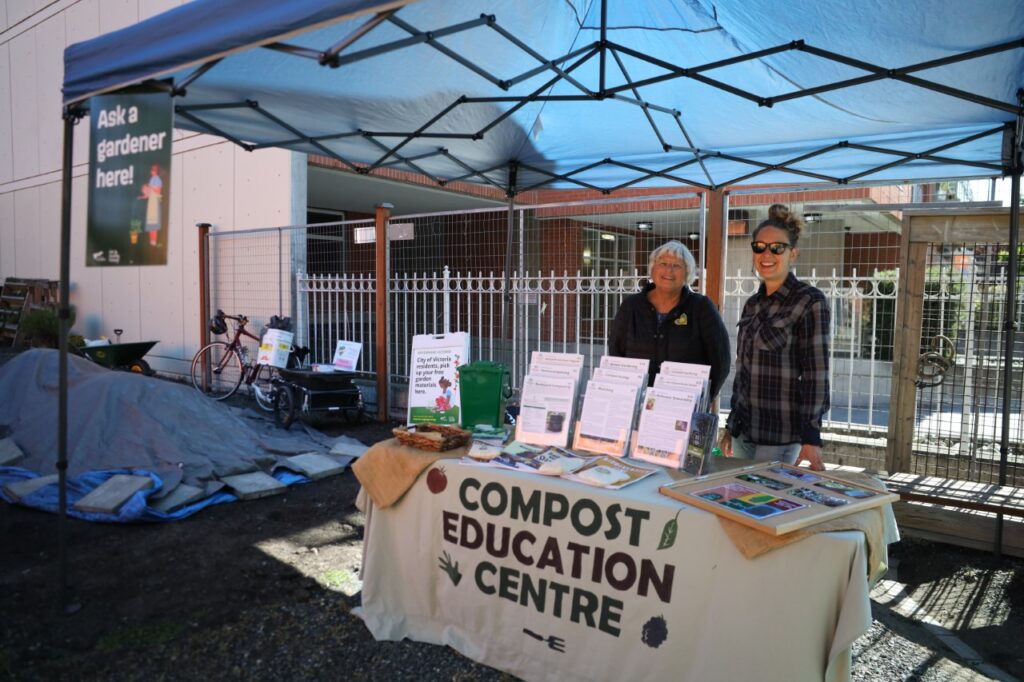
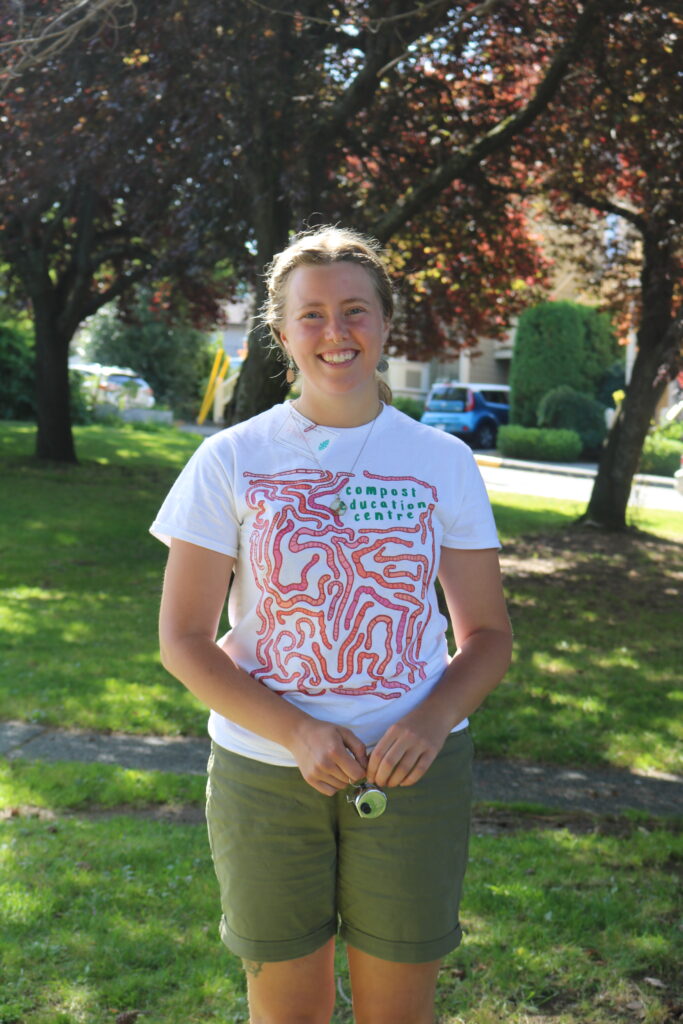

Values
Reciprocity is mutual dependence, action, or influence. We depend on functioning ecosystems to meet our needs and support our wellbeing, and we have a reciprocal responsibility to steward our ecosystems’ health and wellbeing. We want to cultivate a community of people who exist in a community of reciprocity with the plants, animals, etc. around us.
Adaptability means that we can adjust to new conditions. We can expect a lot of change in the future, both short-term and long-term, and we will be able to adjust and change course to continue thriving in our community of plants and people.
Curiosity is a strong desire to learn or know something. We recognize curiosity in the children, youth, and adults in our community who come to the Compost Education Centre to learn about climate-resilient practices. We meet the needs of our community by continuing to be curious ourselves. We want to be in a state of continuous learning so that we can be good teachers and role models.
Joy is a radical thing in this world. Radical can mean far-reaching and thorough – and it can also mean proceeding from a root. To be joyful in this world, we need to be grounded and intentional. We incorporate laugher, play, and a sense of awe into our daily lives. It is with a deep sense of joy that we counter and work through moments of challenge and darkness.
Groundedness is how stay in touch with our social and environmental surroundings. We begin our work with an awareness that we are located on unceded Esquimalt and Songhees territories, and our work allows us to visit Coast Salish lands. We believe in growing roots in community and grounding our work in natural cycles as the challenges and opportunities we face are specific to the place and time where we find ourselves.
